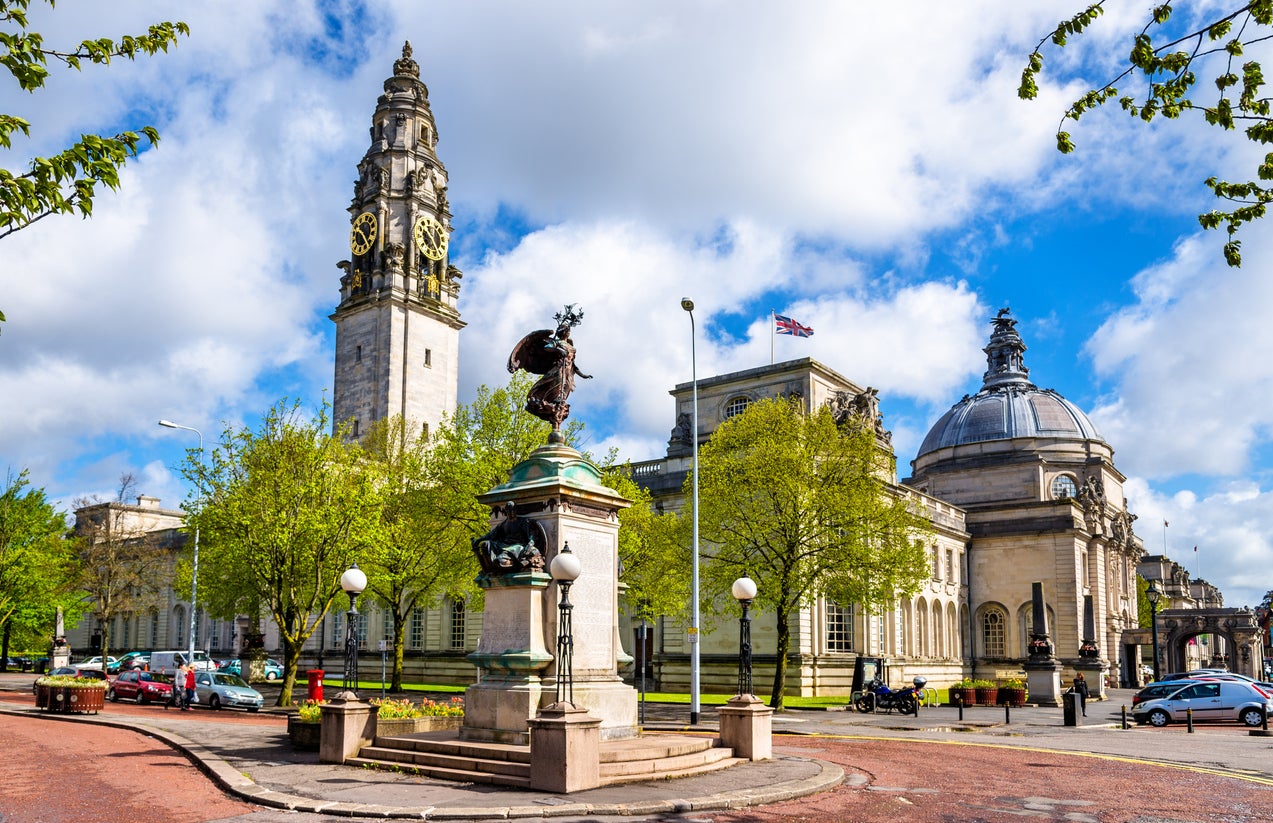Art council’s use of Welsh language ‘excludes ethnic minorities’, body’s own report says
Leading cultural institutions demonstrating racism in ‘calculated and repetitive’ fashion, report says

Your support helps us to tell the story
From reproductive rights to climate change to Big Tech, The Independent is on the ground when the story is developing. Whether it's investigating the financials of Elon Musk's pro-Trump PAC or producing our latest documentary, 'The A Word', which shines a light on the American women fighting for reproductive rights, we know how important it is to parse out the facts from the messaging.
At such a critical moment in US history, we need reporters on the ground. Your donation allows us to keep sending journalists to speak to both sides of the story.
The Independent is trusted by Americans across the entire political spectrum. And unlike many other quality news outlets, we choose not to lock Americans out of our reporting and analysis with paywalls. We believe quality journalism should be available to everyone, paid for by those who can afford it.
Your support makes all the difference.Two leading cultural bodies in Wales are structurally racist and their Welsh language requirements risk excluding minorities, a report commissioned by the organisations themselves has concluded.
The Arts Council of Wales and Amgueddfa Cymru - the National Museum Wales - commissioned research looking into their inclusion efforts.
The Arts Anti-Racist Union, which carried out some of the research, said that neither body had done enough to engage with people from black and ethnic minority backgrounds.
“Black and non-black people of colour are not more present” because of a “concerted structural effort - one that is very much present in the attitudes and behaviours of those in power”, the report said.
It also said the organisations excluded black and minority people not through “willful ignorance”, but as part of a “calculated and repetitive pattern”.
“Some black artists noted that they were only given commissions during Black History Month, despite having applied to work with the Arts Council of Wales and Amgueddfa Cymru - National Museum Wales (ACW and NMW-AC) on numerous occasions throughout the year,” the report added.
Meanwhile, the report said current Welsh language policies in the organisations’ applications processes “can exclude Black and non-Black people of colour”, recommending that marginalised artists and art workers should receive support to learn different languages in addition to Welsh .
It added that a group of people from ethnic minorities consulted on their experiences of the art sector in Wales had called for the organisations to “relax the emphasis” on requirements for staff having to speak Welsh.
Those who were consulted also urged the organisations to offer “job sharing in roles that may require Welsh language proficiency.”
The Arts Council of Wales currently requires the Welsh language skills of staff to be tested annually through a self-assessment.
In a joint statement, Arts Council of Wales and Amgueddfa Cymru, which have also commissioned research into their engagement with poorer communities and those living with disabilities, said they "welcomed the findings" and would take steps to address the concerns outlined in the report.
"The approaches taken by all three organisations focused on collaborating with communities rather than extrapolating from communities, and provide a range of important findings and recommendations," the statement added.
"Arts Council of Wales and Amgueddfa Cymru will publish a joint action plan with a timeframe for taking forward the recommendations in the autumn."
Join our commenting forum
Join thought-provoking conversations, follow other Independent readers and see their replies
Comments